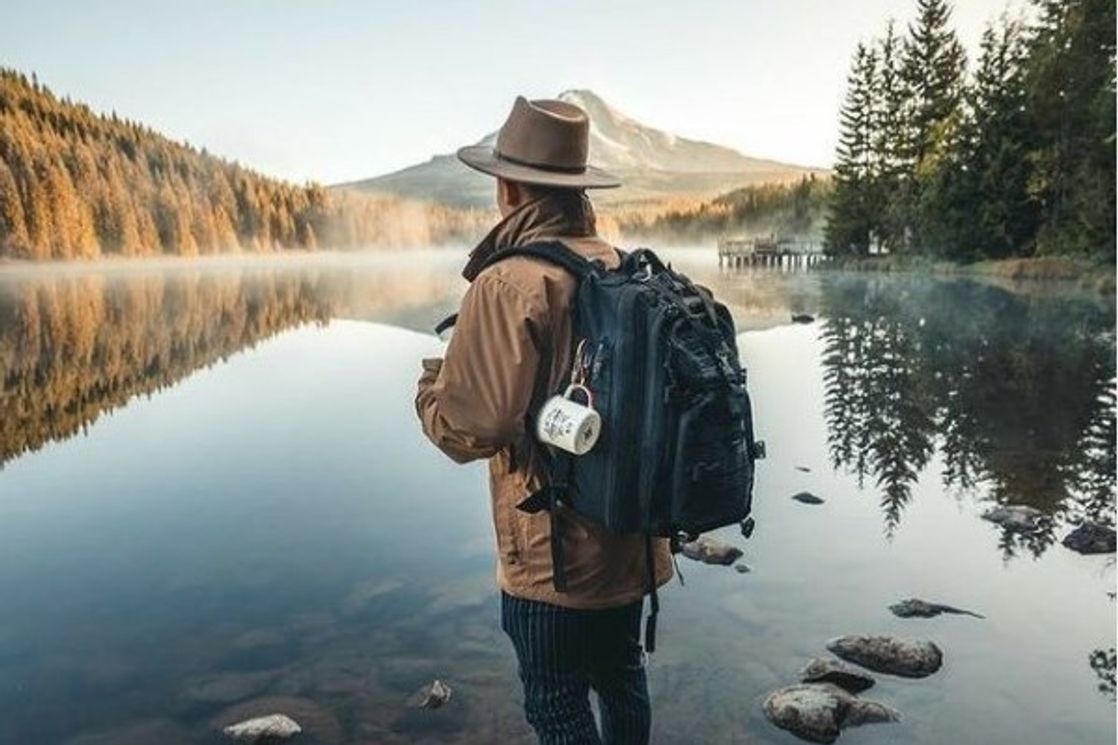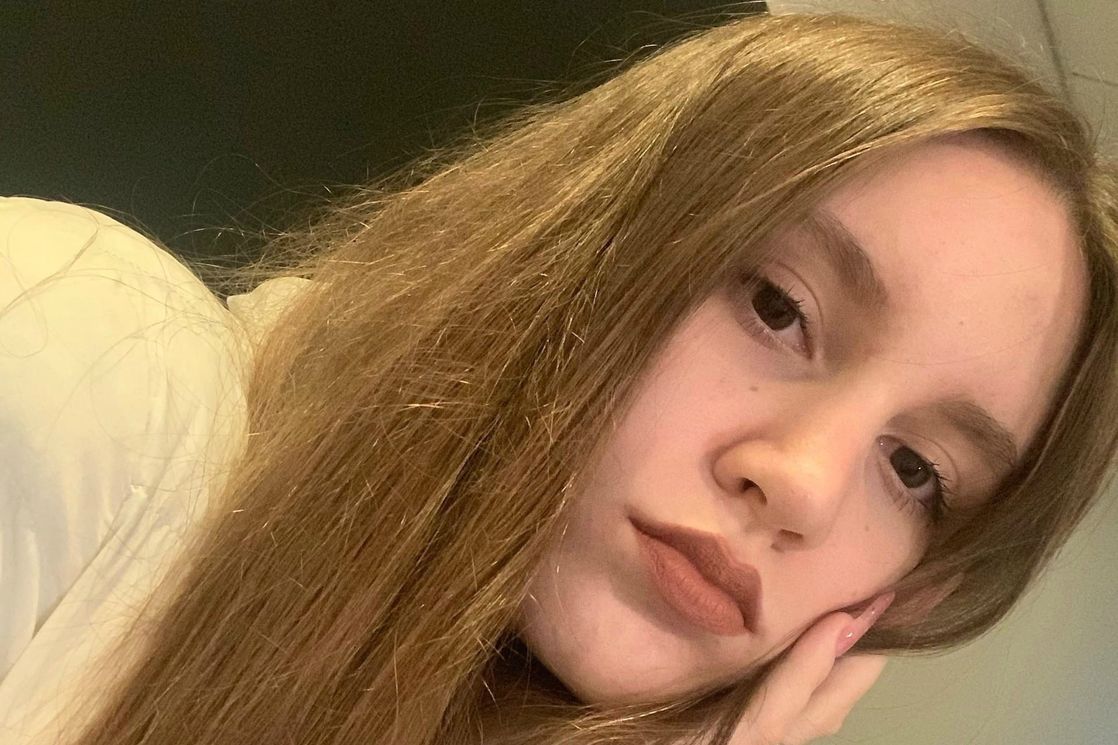‘If You Want to Create a Start-Up, This Minor Will Definitely Be Helpful’

On March 22, the enrolment period begins for the ‘Start-Up from Scratch’ minor, which is offered by the HSE Department of Innovation Management. The minor introduces students to different fields of entrepreneurship and guides them through the entire start-up process: from the development of an idea to entering the market with a product and attracting investors. 24 start-ups have made it to the stage of making their first sales. Below, HSE News Service talks about the most interesting student projects.
WasteLess
Third-year students Ekaterina Strukova and Julia Konovalova of the Bachelor’s programme in Fashion (of the Apparel Design profile) launched the WasteLess project. ‘We sew unique tote bags from our client’s used clothes. This is a way to preserve their precious clothes and the memories connected with them,’ said the students about their start-up idea.

Initially, they focused on the fact that the start-up is eco-friendly. ‘Today, many products are eco-friendly – it is a common, high-demand area,’ Ekaterina said. ‘But our project is unique, because the idea – re-sewing – is not something you encounter often, and we made this aspect our main focus.’ In addition, according to Ekaterina and Julia, re-sewing helps make the start-up economical: less costs are spent on fabrics and materials.
The students have already sold their first eco-friendly tote bag, and today, WasteLess is at the MVP (minimum viable product) stage. Katya and Julia are also planning on contacting bloggers and offering them a barter system, which may lead to more sales.

‘I believe the “Start-Up from Scratch” minor, which is where WasteLess began, was useful, particularly when the classes were held in person (it’s hard for me to really master material online). If you want to create a start-up, the minor will definitely be helpful,’ Ekaterina said of the course.
ExploRussia
A project dedicated to pleasant travel to regions around Moscow was conceived and created by third-year students Musa Abutalibov (Business Administration), Anastasia Nikulina, and Anastasia Rykhlik (both students of Sociology).

The students admit that at first, they were going to do a project related to indoor plants, but later they decided to try out other areas. Besides, when people found themselves locked down in the pandemic, they started dreaming about taking short trips more.
‘We realized that all of us have traveled a lot around regions that are not far from Moscow, and we have very diverse expertise from our travels,’ said Anastasia Rykhlik, head of the ExploRussia project. ‘Nastia knows about lots of cultural and historical attractions; Musa is into unusual locations and anomalies; and I love art. Together, we complement each other, and that’s why our tours may surprise even the pickiest travelers.’
Advertising on Instagram brought ExploRussia their first ‘real’ clients, not from friends and family, but from people who came across them online and became interested in the project idea, the students say.

‘This is a really cool new experience,’ Anastasia said. ‘That’s why I am sure the minor is useful. Even if you don’t have a clear innovative idea for a start-up. We are taught about the entire process of product creation: from coming up with the idea to its rescaling.’ The minor also teaches students how to manage the finances of their enterprise and handle the legal aspects. Additionally, a lot of attention is paid to issues related to leadership.’
If you want to develop as a businessperson, if you are interested in how it all works, you will get a lot out of the course. In fact, you will gain skills that will be useful in any field.
Crystal Custom
Another student project that is aimed at helping clients not only express their individuality but care for the environment is Crystal Custom. Its authors are second-year students Maria Trubnikova (Philology) and Katerina Gruzdeva (Design).

‘I’ve always loved the idea of unique clothes, which also reflect my individuality,’ Maria Trubnikova said, ‘In addition, shortly before the start of the minor I got into graffiti: this is how I came up with an idea that customization would be really cool-looking and trendy on jackets, shirts, and dresses.’ In the minor, Maria met Katerina. It turned out that Katerina already had experience with clothing customization, and as a designer, liked the idea a lot. This is how the girls decided to launch the joint project.
Today, the students’ start-up is at the development stage: they keep trying new formats of audience contact and are choosing the right concept for their brand profile. Meanwhile, Maria and Katerina have already managed to do some sales. ‘Of course, we haven’t reached the peak of our project’s development yet. The good is yet to come,’ Maria believes.
We’re going try new techniques of dyeing and customization: embroidery, patches, and raised prints. I would also like to do more eco-conscious pieces and start working with disposed clothes and redesigning them. Today, people buy lots of new clothes and don’t know they can give their old things a new life.
Maria also adds that when she was enrolling in the minor, she couldn’t even imagine that it would be so detailed and useful: ‘I’m particularly happy that during the course, we meet and work with professionals, which means that the minor name is not empty words. The teachers really push us to build our own businesses from scratch, but of course, nothing will happen without motivation and willingness on your end.’
See also:
Scientarium: Integrating Student Scientific Associations and HSE University Projects
In early July, the Voronovo Study Centre hosted Scientarium, an off-site session for representatives of HSE University student research communities organised by the university’s Centre for Student Academic Development and Unit for the Popularisation of Science. More than 50 students from 10 scientific student associations and three campuses took part.
From Ingenious Fungi to Post-feminism: HSE University Hosts Season’s Last Science Battles Semi-Final
Season VI of Science Battles at HSE University is entering the homestretch. The June semi-final determined the list of finalists and helped many viewers choose their favourites. This time, young researchers decided to figure out how to conduct a police lineup without destroying a person’s life, as well as how to improve a child’s academic performance without instilling neurotic perfectionism. They also found out that fungi and mould help heal scars and save the environment, and that adherents of post-feminism have very mixed feelings about their own images on TikTok.
Smart Medicine, Libration Points and Electromyographic Bracelets: MIEM Students Present Their Projects
In February, a two-day poster session - the second checkpoint of the project life cycle - was held at the HSE MIEM. The participants prepared colorful posters, talked with experts and MIEM students and received well-deserved plaudits. Here, the HSE News Service looks at some student projects.
Submarine and French Confectioner's Shop—Winners of the Top Class Research Competition Announced
This year’s final stage of Top Class, the All-Russian Competition of Schoolchildren’s Research and Projects, held by HSE University, has come to a close. About a thousand 8th—11th graders from 7 countries and 69 regions of Russia participated in the contest. The winners and runners-up were announced at the closing ceremony in the HSE Cultural Centre. They received special prizes from partner companies.
Winning Research Initiative Projects to be Implemented by the End of 2022
In April, the results of the Research Initiative student project competition were announced at HSE University. Twenty-two team applications were submitted by students of 20 different fields of study at HSE University’s campuses in Moscow, Perm, and Nizhny Novgorod. Based on the results of expert assessment, the competition committee approved 17 interdisciplinary projects to be implemented by December 2022.
HSE Startup Cup: How to Turn an Idea into an Operational Business
The HSE Business Incubator is calling for applications for the HSE Startup Cup for the third time. This is a competition of projects by HSE University students and employees, as well as students of the HSE Lyceum. Registration is open until April 29.
HSE University Holds School of Snow in Perm Region
On February 15–17, the Winter SOS (School of Snow) was held at the Zhebrei ski resort. The event was organised by the HSE Perm Tourist Club and the Student and Alumni Centre. In addition to learning to ski and snowboard, students from all HSE University campuses developed and defended projects focused on the development of domestic tourism in their regions. SOS participants shared their impressions with the HSE News Service.
Registration Opens for ‘Research Initiative’ Team Project Competition
The HSE Centre for Student Academic Development has started accepting applications for the third ‘Research Initiative’ student team research project competition. Bachelor’s and master’s students from all HSE campuses are eligible to participate. The competition gives students an opportunity to not only take on research roles, but also to try their hand at working as academic managers and supervisors of a small research team. Registration will remain open until February 28.
HSE Master’s Students on the Professions of the Future
Students in the Transmedia Production in Digital Industries Master’s programme have done a project on the professions of the future. Covering trends and key professions, the project helps students assess potential academic trajectories. The main part of the project is a non-fiction book ‘What’s Next? Professions of the Future’, which is based on the ‘Androids and Electric Sheep’ podcast by Forbes and X5 Group. The book has been published on the Ridero platform.
‘Our Distinction Is Our Core Areas of Research’
In his interview for the HSE LooK, Evgenii A. Krouk, the Acting Director of HSE Tikhonov Moscow Institute of Electronics and Mathematics, talks about the distinctive features that set the institute apart, the place of project-based learning on the curriculum, research areas with the highest potential, and his vision for HSE MIEM future development.


